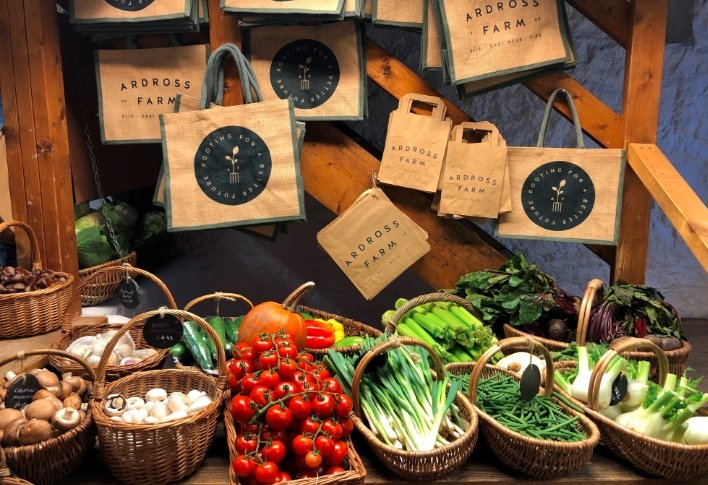Scotland’s agriculture and food sectors are taking a united approach to address the barriers limiting growth in the agri-food supply chain, with key stakeholders meeting to discuss policy solutions. The roundtable, held in Edinburgh on April 30, 2025, gathered sector experts and government officials to explore ways to boost economic growth and ensure the sustainability of the industry.
Tackling the Pressing Issues in Agriculture
The roundtable, led by UK Government Scotland Office Minister Kirsty McNeill, brought together industry leaders and government representatives from both the UK and Scottish Governments. Minister McNeill was joined by representatives from the Department for Environment, Food and Rural Affairs (Defra), the Department for Business and Trade, and Scottish Government Agriculture Minister Jim Fairlie.
The meeting is part of a broader and ongoing engagement with the agri-food sector, an industry crucial to the economic growth of rural communities across Scotland. The discussion focused on several key issues facing the sector, including access to labour, fairness in the supply chain, and how to drive economic growth within the agricultural industry. These discussions are vital to the UK Government’s wider Plan for Change, which aims to stimulate job creation and improve living standards, with a particular focus on Scotland’s rural areas.

Immigration and Labour Access: A Key Discussion
One of the central topics discussed at the roundtable was the issue of immigration and access to seasonal labour. As the demand for food production increases, many Scottish farms are facing challenges in recruiting the workers necessary to keep up with production levels. Immigration policies, particularly in relation to seasonal workers, are of high importance for the continued success of the agricultural sector in Scotland.
Minister McNeill acknowledged the importance of addressing these issues: “Food and farming are vital to the country, and this is an important opportunity for the industry and government to discuss issues and identify creative solutions,” she said. The challenge of securing an adequate labour force was highlighted as one of the sector’s most urgent needs.
The Economic Impact of the Agri-Food Sector
Scotland’s food and drink manufacturing sector is an integral part of the economy, contributing £5.2 billion to the nation’s economic output. Over the last decade, the sector has grown by more than 35%, a remarkable figure that demonstrates its increasing importance. The food and drink industry alone accounts for over a third of Scotland’s manufacturing turnover and provides approximately 47,000 jobs across the country’s 1,220 food and drink businesses.
This growth reflects the increasing demand for high-quality Scottish produce both domestically and internationally. However, the sector is not without its challenges, and stakeholders are working closely with the government to address concerns and sustain long-term growth.
Building Resilience for Future Shocks
Scottish Government Agriculture Minister Jim Fairlie spoke about the government’s commitment to supporting the agriculture sector and ensuring its sustainability in the face of global challenges. The ongoing global events and disruptions in supply chains have underscored the need for enhanced food resilience, which the Scottish Government is addressing through its Vision for Agriculture strategy.
“Our goal is to make Scotland a global leader in sustainable and regenerative agriculture,” said Fairlie. “We are reforming how we support farming and food production, ensuring that our agriculture sector can meet both nature and climate targets while securing Scotland’s food future.”
This vision aligns with broader objectives to mitigate the impact of global supply chain disruptions and safeguard food security in the face of unpredictable future shocks.
NFU Scotland’s Role in Advocating for Farmers
Andrew Connon, President of NFU Scotland, expressed his support for the roundtable and underscored the importance of farmers and crofters to the Scottish food and drink industry. “NFU Scotland is pleased to represent our members and highlight the critical issues facing the sector, such as seasonal labour shortages and the fairness of the supply chain,” Connon remarked. “Farmers and crofters are central to Scotland’s agricultural success, and we look forward to hearing how the UK Government will help address the pressing issues affecting our sector.”
With farmers and rural communities facing challenges in securing workers, ensuring fairness in the supply chain, and navigating global events that threaten food security, the discussions held at the roundtable will play a pivotal role in shaping future policies aimed at supporting the sector.


















